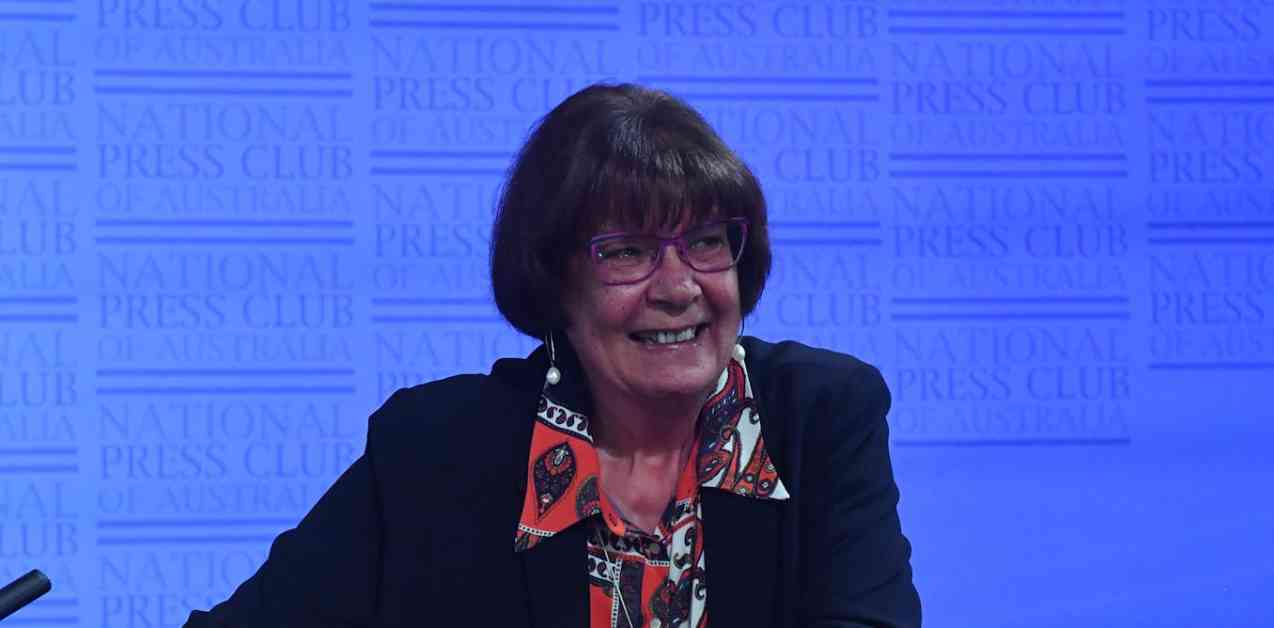Prime Minister Anthony Albanese recently spoke at the Garma festival, highlighting a shift in focus towards the economic empowerment of Indigenous communities to address Indigenous disadvantage and “closing the gap”. This change in tone comes as Indigenous outcomes continue to decline in key areas related to closing the gap targets.
Pat Turner, lead convener of the Coalition of Peaks and CEO of the National Aboriginal Community Controlled Health Organisation (NACCHO), expressed frustration at the slow involvement of companies and investors in government-subsidized projects within Aboriginal communities. Turner emphasized the importance of engaging directly with Aboriginal leaders on the ground to understand community needs and address cost concerns.
In terms of increasing Aboriginal employment, Turner stressed the need for real jobs at the local level and leveraging land assets for future development opportunities, with direct involvement of statutory landholders. She also highlighted the importance of reviewing bail laws to reduce incarceration rates, emphasizing the need for suitable accommodation for individuals on bail.
Despite the defeat of the Voice referendum, Turner remains committed to the full implementation of the National Agreement on Closing the Gap. She emphasized the importance of new generations listening to and being guided by elders in Aboriginal leadership. When asked about future leaders, Turner mentioned Rachel Perkins as a prominent figure in the Voice campaign.
In terms of working with different government leaders, Turner noted that the Coalition of Peaks is willing to collaborate with any government, as demonstrated by their work with Scott Morrison on the National Agreement. She expressed confidence in the continued support for the National Agreement on Closing the Gap from the Coalition.
Overall, Turner’s insights shed light on the importance of economic empowerment, community engagement, and collaboration with government entities in addressing Indigenous disadvantage and advancing Indigenous leadership for future generations. The commitment to listening to elders and working together towards common goals remains crucial in achieving positive outcomes for Indigenous communities.

